An investigation has shed light on substantial financial gains by allies of President William Ruto in the Sh106 billion contracts under Kenya’s Universal Health Coverage (UHC) program.
Launched as a key initiative of the Kenya Kwanza government, the UHC program aims to provide affordable healthcare by streamlining health services, digitizing healthcare systems, and expanding medical infrastructure throughout the country.
The program is part of the government’s broader goal to make healthcare more accessible, particularly for Kenya’s underserved populations.
It has, however, raised concerns, especially in the manner in which these contracts were awarded.
Companies connected to high-profile political figures within President Ruto’s administration are allegedly reaping big benefits from these lucrative deals.
Questions about transparency and fairness in the awarding of the contracts have surfaced, with critics pointing to possible irregularities and a lack of oversight in how these contracts were handed out.
Many of the contracts pertain to medical supplies, cutting-edge technology solutions, and infrastructure development in healthcare facilities across the country.
The urgency and scale at which these contracts were awarded have been highlighted, raising concerns over the possibility of politically connected individuals manipulating the system to secure deals.
Public debate has grown louder over whether the deals will meet their intended objectives or if they serve the interests of a privileged few.
The massive funds involved have drawn attention, with activists organizations and transparency advocates demanding accountability from the government.
Critics are calling for investigations into potential conflicts of interest, urging oversight bodies to ensure that the UHC contracts are beneficial to the public and free from political favoritism.
While supporters of the UHC program argue that it will majorly improve healthcare services and provide much needed infrastructure, especially in rural areas, the controversy threatens to undermine public trust.
Proponents assert that the contracts will help fast track healthcare improvements and digitization, resulting in enhanced service delivery and making healthcare more accessible for millions of Kenyans.
What remains is to be seen whether further action will be taken to ensure transparency, fairness, and accountability in how public funds are used.
Kenyans will be keenly observing the outcomes as the UHC program continues to roll out across the country.







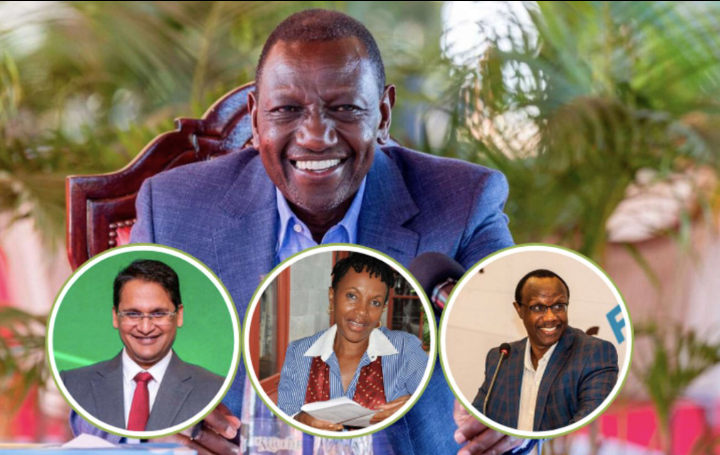
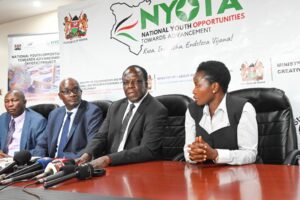






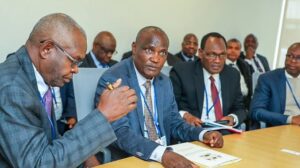

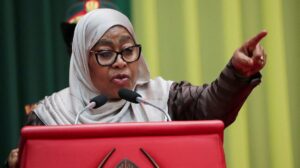
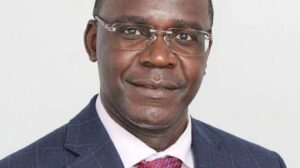


Add Comment